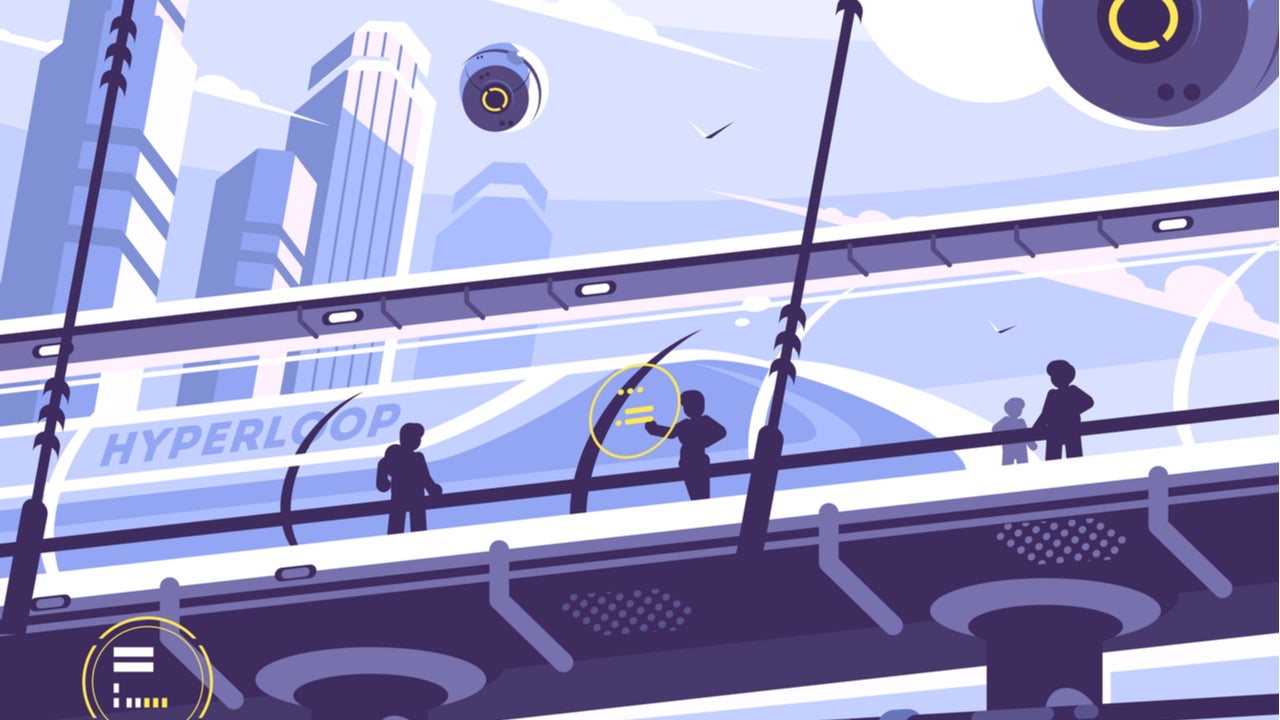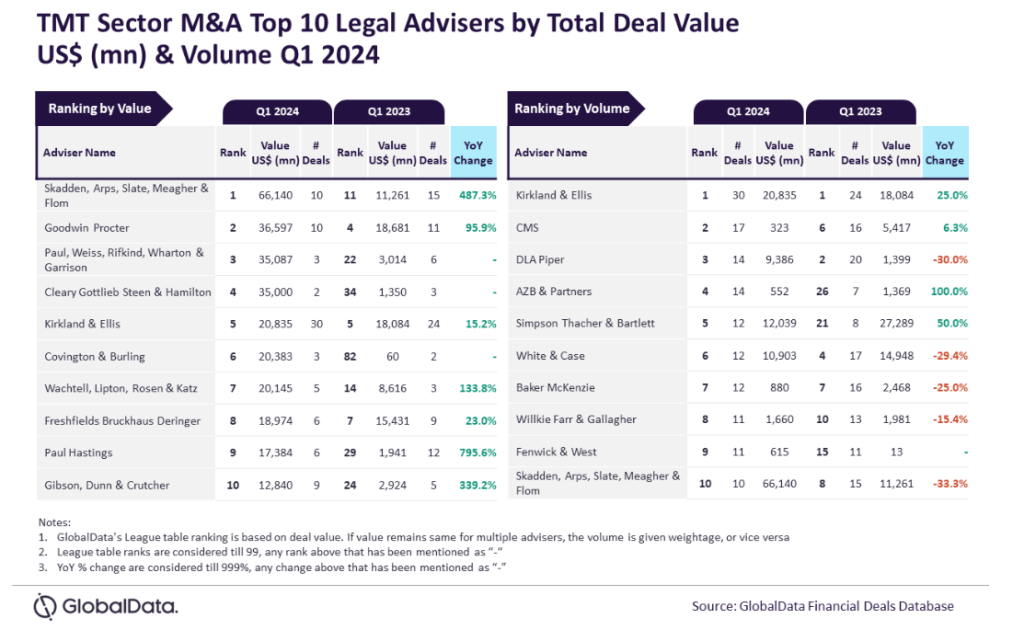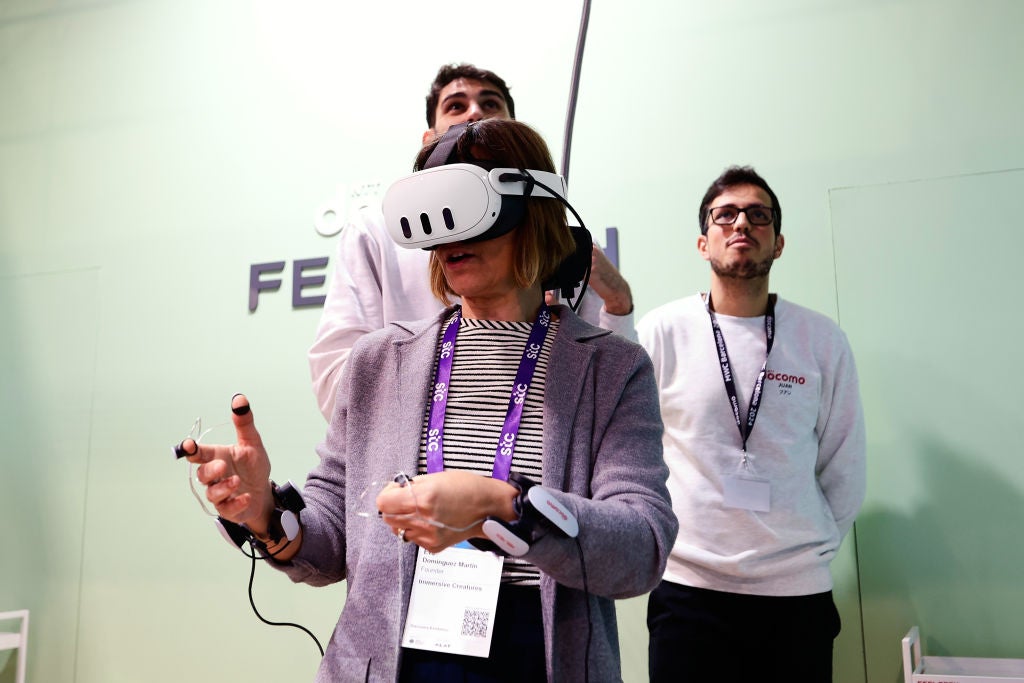
Verdict lists five of the most popular tweets on future infrastructure in Q1 2021 based on data from GlobalData’s Influencer Platform.
The top tweets were chosen from influencers as tracked by GlobalData’s Influencer Platform, which is based on a scientific process that works on pre-defined parameters. Influencers are selected after a deep analysis of the influencer’s relevance, network strength, engagement, and leading discussions on new and emerging trends.
Top tweets on future infrastructure in Q1 2021
1. Jean-Baptiste Lefevre’s tweet on hyperloop becoming the fastest form of transport
Jean-Baptiste Lefevre, chief digital and social media officer at ChoYou, a leading marketing and public relations (PR) agency, shared a Business Insider video on the hyperloop development, and the future of high-speed transportation. Hyperloop could become the fastest way to travel, at a speed of 700mph, the video highlighted. It is reportedly three and a half times faster than the Japanese Shinkansen bullet trains and even faster than a Boeing 747.
The hyperloop concept was introduced by Elon Musk in 2013, where magnetic pods levitate inside a tube at more than 1,000km per hour. In theory, one could travel between Los Angeles and San Francisco in hyperloop in just 45 minutes with one-way tickets costing less than $100. Hyperloop completed its first successful human test ride in November 2020.
💥Hyperloop could become the fastest form of transport at 700 mph!#AI #MachineLearning #Engineering @TechInsider@SpirosMargaris @HaroldSinnott @gvalan @mvollmer1 @PawlowskiMario @ShiCooks@diioannid @kalydeoo @Fabriziobustama @sallyeaves@helene_wplipic.twitter.com/uVoO5pcLYa
— Jean-Baptiste Lefevre (@jblefevre60) March 24, 2021
How well do you really know your competitors?
Access the most comprehensive Company Profiles on the market, powered by GlobalData. Save hours of research. Gain competitive edge.
 Company Profile – free sample
Company Profile – free sampleThank you!
Your download email will arrive shortly
Not ready to buy yet? Download a free sample
We are confident about the unique quality of our Company Profiles. However, we want you to make the most beneficial decision for your business, so we offer a free sample that you can download by submitting the below form
By GlobalData
Username: Jean-Baptiste Lefevre
Twitter handle: @jblefevre60
Retweets: 109
Likes: 150
2. Ronald van Loon’s tweet on South Korea creating an entire town for testing self-driving cars
Ronald van Loon, CEO of the Intelligent World, an influencer network of experts, businesses, and influencers, shared a video on how South Korea has created an entire town for testing self-driving cars called the K-City. The testing area stretches across 80 acres comprising a simulated downtown area, parking lot, suburbs, and an expressway. K-City also has 35 kinds of road test facilities such as building groups, railway crossings, and trees.
The city has also implemented simulated human movement, while a second phase of the project will include severe weather conditions and signal interference to analyse car performances. K-City was built at a cost of more than $11m, the video detailed.
South Korea has created an entire town for Testing #SelfDrivingCars
by @BuzzFeedNews#EV #SmartCar #SmartCities #Autonomous #AutonomousVehicle #AI #ArtificialIntelligenceCc: @ronald_vanloon @msftresearch pic.twitter.com/TYne0OaY2e
— Ronald van Loon (@Ronald_vanLoon) March 29, 2021
Username: Ronald van Loon
Twitter handle: @Ronald_vanLoon
Retweets: 62
Likes: 125
3. Brent Toderian’s tweet on cheap autonomous vehicles (AVs) leading to future gridlock
Brent Toderian, city planner and urbanist at TODERIAN UrbanWORKS, a consultancy providing urban design and city planning services, shared an article on cheap motoring leading to more AVs in the market and therefore a possible gridlock in the future. One of the key promises of AVs is that they will be cheaply available because of the reduced cost of a human driver, the article noted.
Driverless cars, however, are priced high and will be used or affordable only by the privileged rich class. Moreover, many believe that AVs are incapable of achieving the spatial benefits of replacing human drivers with computers, especially in the case of platooning or bumper to bumper traffic, where driverless cars ply along with human-driven cars, the article detailed.
“Make motoring even cheaper than it is today, & people will consume even more of it. In that scenario, the future for autonomous vehicles is gridlock.” — @carltonreid in @Forbes.
Every improvement in cars has lead to more driving & emissions. Every one.https://t.co/lRMxWschzg
— Brent Toderian (@BrentToderian) February 18, 2021
Username: Brent Toderian
Twitter handle: @BrentToderian
Retweets: 31
Likes: 98
4. Evan Kirstel’s tweet on self-healing concrete that lasts for 200 years
Evan Kirstel, a top B2B influencer, shared a video on how self-healing concrete could transform the construction industry by lasting for 200 years and self-activating itself in case of damage. The video explains that the bio-concrete is dead concrete that is mixed with bacteria, which awaken when water seeps in through the cracks. The bacteria then starts producing limestone (calcium carbonate), which can fill cracks and holes in just three days, while the bacteria itself can lay dormant for 200 years.
Developed by Hendrik Jonkers, a microbiologist at Delft University, the bio-concrete has used in only one building. Jonkers is now developing a special liquid that can fill cracks in conventional buildings, so that dead concrete can be brought back to life to self-heal, the video detailed.
This self-healing concrete lasts for 200 years and self-activates if damage occurs! #Construction #CivilEngineering #infrastructure #innovation #technology
pic.twitter.com/6ILCuTrt1t— 🟣 Evan Kirstel $B2B (@EvanKirstel) March 25, 2021
Username: Evan Kirstel
Twitter handle: @EvanKirstel
Retweets: 29
Likes: 53
5. Harold Sinnott’s tweet on China completing its first intelligent highway for self-driving and autonomous vehicles
Harold Sinnott, a social media and digital marketing consultant, shared a video on China building its first intelligent expressway in the eastern province of Zhejiang. The freeway for self-driving cars and autonomous vehicles is embedded with driving sensors and photovoltaic cells, the video detailed.
The warning system of the freeway ensures safety of the vehicles, while an internet of vehicles network guides the autonomous vehicles. The six-lane freeway is 161km apart connecting Hangzhou and Ningbo cities. It is expected to be completed in 2022, and will reduce travel time between the two cities by half, the video highlighted.
#China to complete 1st intelligent highway for #SelfDrivingCars and #AutonomousVehicles by 2022@XHNews#AI #IoT #Robotics #FutureofWork #Tech #DigitalTransformation #100DaysOfCode #5G@mvollmer1 @YvesMulkers @ipfconline1 @Paula_Piccard @sebbourguignon
pic.twitter.com/baUpRszRLw— Harold Sinnott 📲 #TechForGood (@HaroldSinnott) March 19, 2021
Username: Harold Sinnott
Twitter handle: @HaroldSinnott
Retweets: 66
Likes: 44







